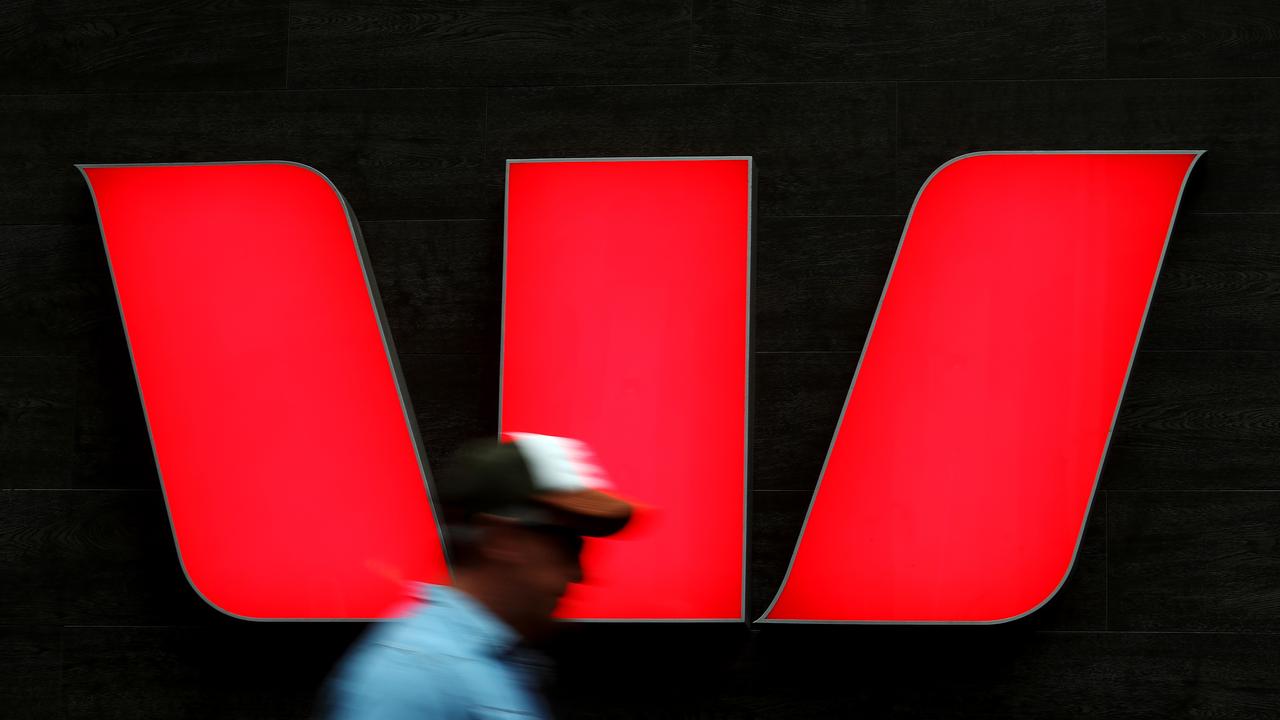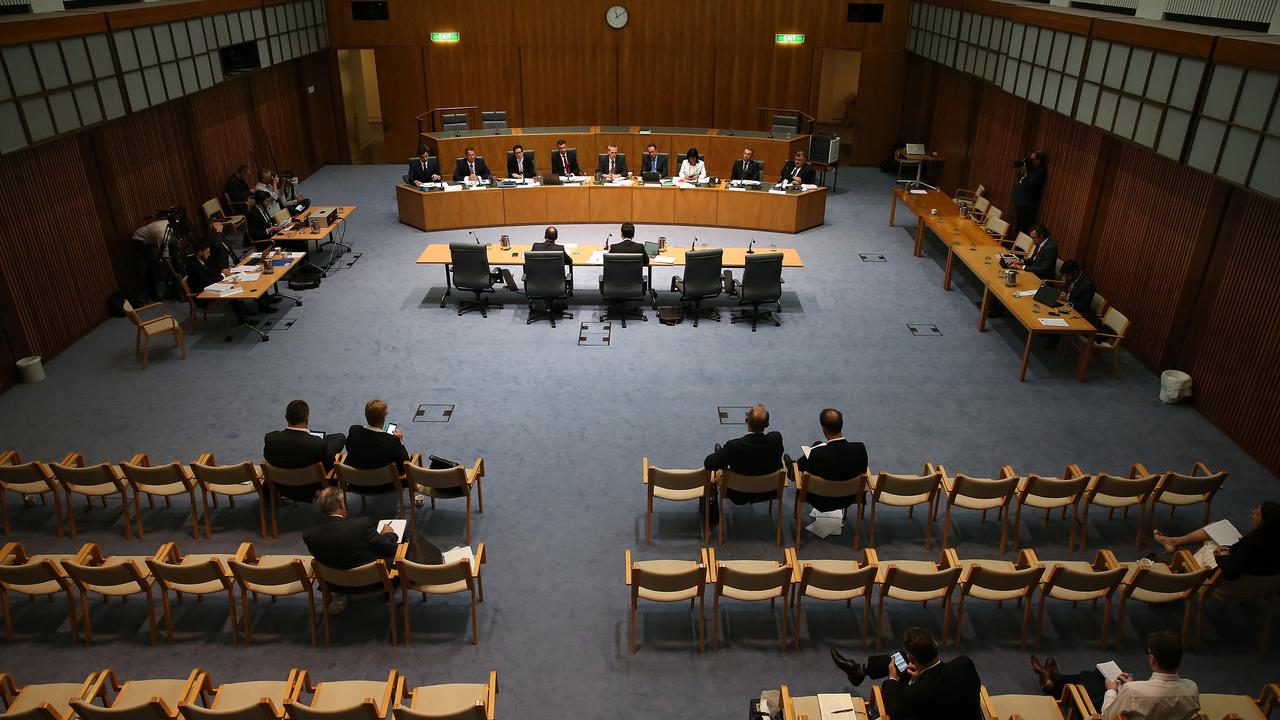A good buy for JB Hi-Fi

For the Muir family, which founded The Good Guys business 64 years ago, the $870 million purchase price represents a very healthy 11.7 multiple of enterprise value to normalised 2016 earnings before interest and tax.
For JB Hi-Fi, which had made it clear it wasn’t going to overpay — the deal, it had said, had to make “compelling financial sense” for shareholders — that multiple is less than the 13.2 times 2016 EBIT at which it trades. In sharemarket terms, if The Good Guys’ earnings are valued by the market on the same basis as JB’s, it creates value even before any synergies are realised.
The logic of the acquisition for JB goes, however, well beyond the current numbers.
One of the remarkable aspects of JB’s growth story is the way it has been able to navigate the ever-shifting tides of its core consumer electronics business, perhaps the most volatile of retail segments.
More recently, via JB Hi-Fi Home, it has started to diversify its base into the more stable and higher-margin — and less vulnerable to online competitors — home appliance sector, where The Good Guys has had a narrow edge in market share over Harvey Norman.
The acquisition unveiled today, along with a $394m rights issue to help fund it, vaults the group into a clear market leadership position in appliances by combining The Good Guys’ 26 per cent market share with JB’s three per cent. Harvey Norman’s share is estimated at about 24 per cent.
Scale by itself usually doesn’t mean much but the combination will diversify JB’s offer and give it scale in a segment in which it had significant ambition but a relatively modest presence. It will have a more resilient and defensive element to its sales and earnings bases but also an obvious growth path in appliances.
The Good Guys used to operate via a series of partnerships/joint ventures with store managers. While that might have created a measure of proprietorship for the managers, as The Good Guys grew it also created an obstacle to future growth because it couldn’t open new stores that might cannibalise the sales of its existing partnerships.
The group has 101 stores today, generating just over $2 billion of sales. It believes there is scope to add at least another 40 stores. To open up that growth path it bought out the joint venture partners, a process that concluded at the end of the 2015-16 financial year. That represents real upside and growth that will now belong to JB.
The other element of diversification that acquiring The Good Guys brings with it for JB is that the two groups’ store networks have very different footprints. JB tends to be in major shopping centres and precincts; The Good Guys tends to have stand-alone stores or stores located within homemaker centres.
Both companies have a reasonably strong online presence, with The Good Guys, interestingly, having a higher percentage (five per cent) of its sales online than JB (three per cent). Combined, online sales would be about four per cent of total sales.
There’s obvious respect for The Good Guys management and systems within JB, which plans to keep the two brands separate, retain Michael Ford as The Good Guys’ chief executive and maintain separate support offices. The integration of the businesses will be cautious, with the $15m to $20m of net synergies not expected to be realised for three years.
With appliances only a small proportion of JB’s business and consumer electronics a similarly modest contributor to The Good Guys, there ought to be both soft and hard synergies from bringing the two companies together, leveraging their buying power and sharing their experiences. The combined group will have a sales base of about $6bn and nearly 300 stores.
The sharemarket liked the idea of the combination of two companies with similar market positioning in complementary retail segments from the moment the prospect was first raised, with the only caveat the price that might be paid.
While the Muir family explored the alternative of an initial public offering, the sale of the family business has produced a very good price and the business and its people will be in very good hands, with JB rightfully regarded as an exceptional retailer.
The acquisition was pre-cleared by the Australian Competition and Consumer Commission, much to the chagrin of Gerry Harvey, who knew there was no prospect of his group getting a similar tick given the absolute dominance it would have given Harvey Norman in home appliances.
He now has a more formidable competitor, given that JB’s balance sheet will be able to support more aggressive growth of The Good Guys’ store network (now fully-owned), albeit one that he also knows is very disciplined, as the transaction metrics tend to indicate.
Hear from Alan Kohler, Robert Gottliebsen, Stephen Bartholomeusz & John Durie at a special member Q&A. Find out more or book tickets here.







The much-touted JB Hi-Fi acquisition has finally happened and it has been struck on terms that both buyer and seller can be satisfied with and defend.